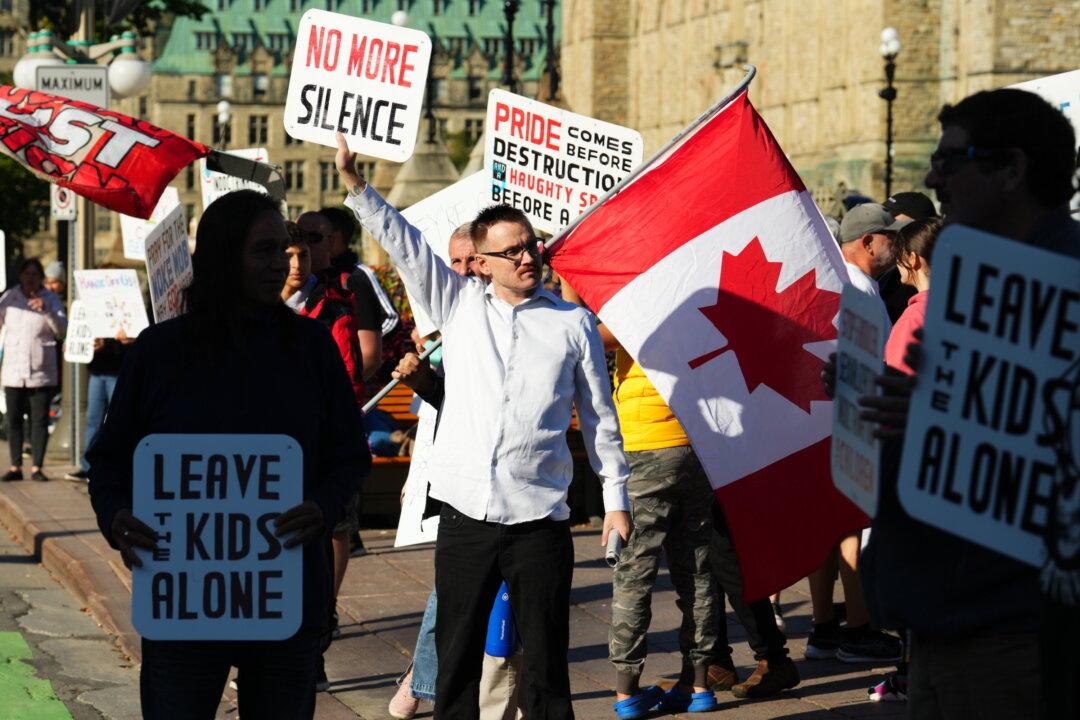Journalists criticized the ongoing federal bailout of unprofitable news organizations during their testimony before the Commons heritage committee (CHPC), saying that the practice of soliciting and receiving subsidies has eroded the credibility of newsrooms.
“There is evidence to suggest subsidies have created an environment in which segments of the public believe media has been bought off,” Toronto author and Lean Out podcast host Tara Henley testified, as first covered by Blacklock’s Reporter.





